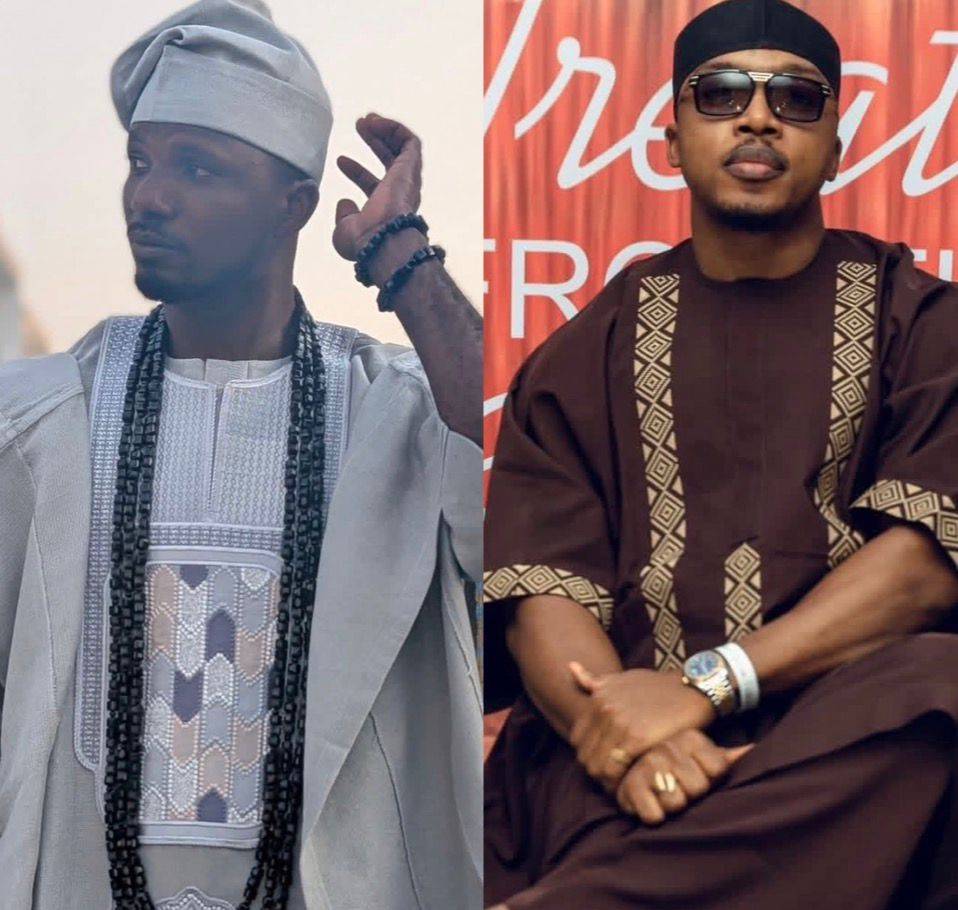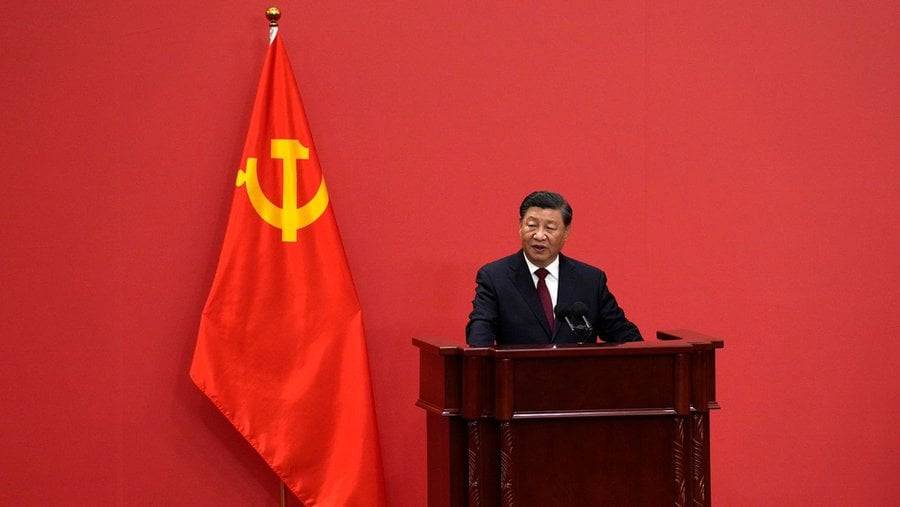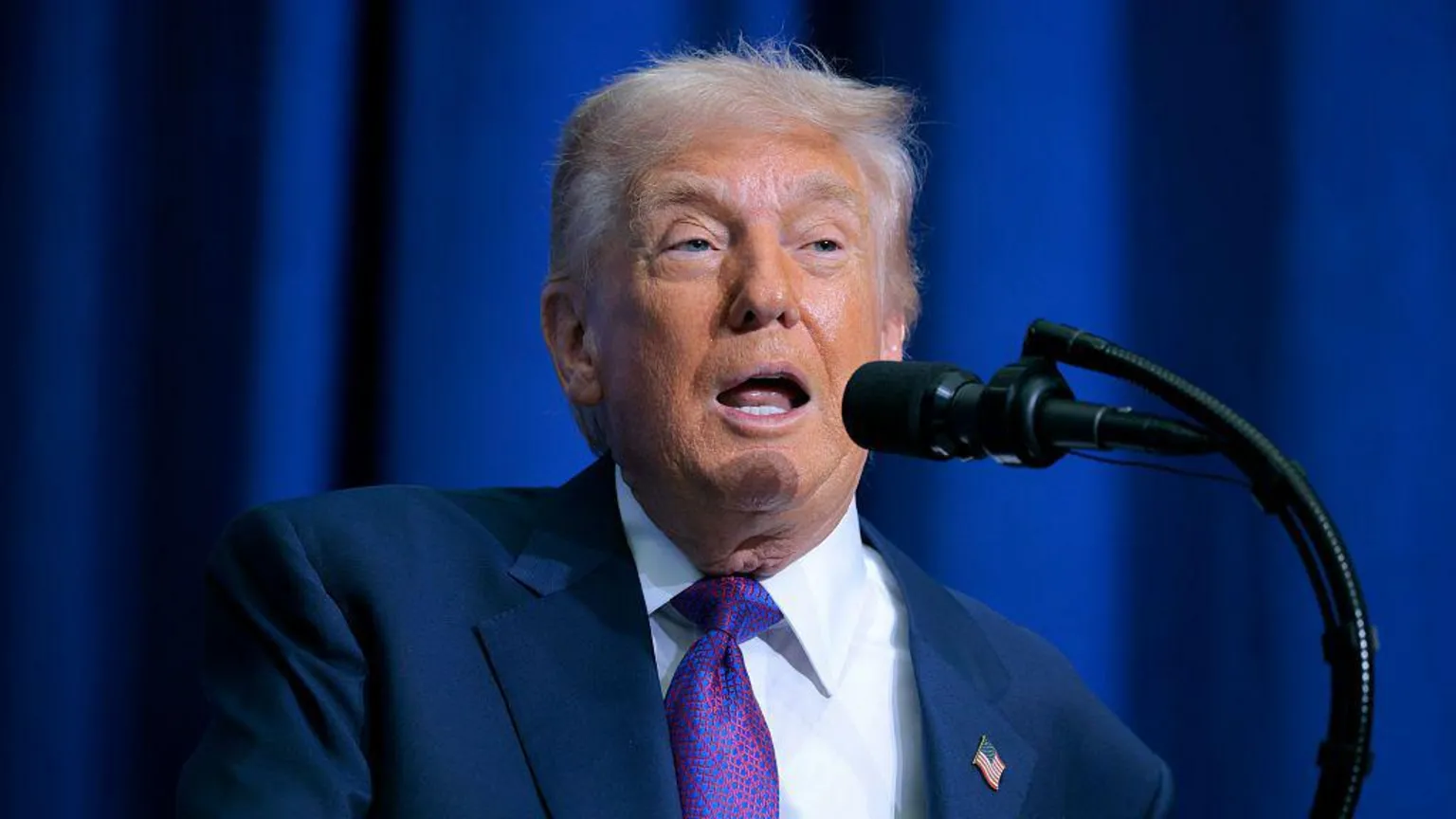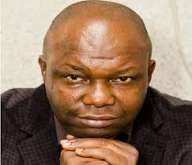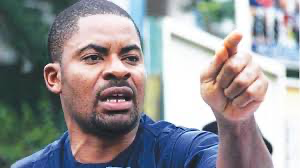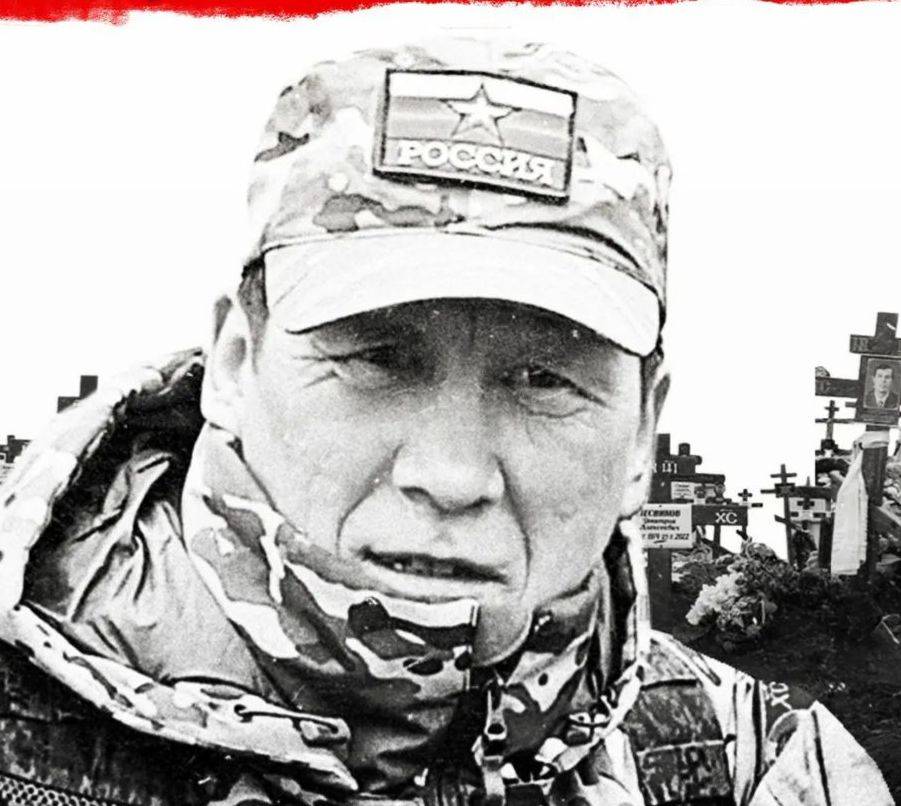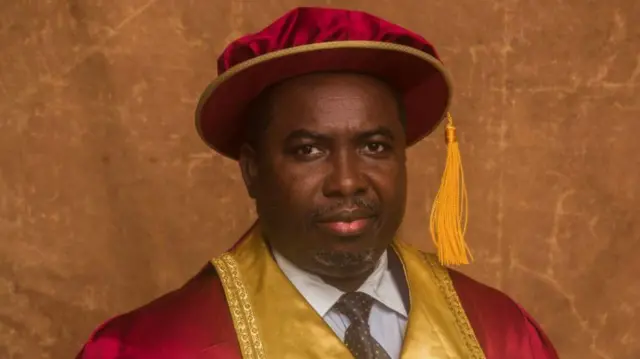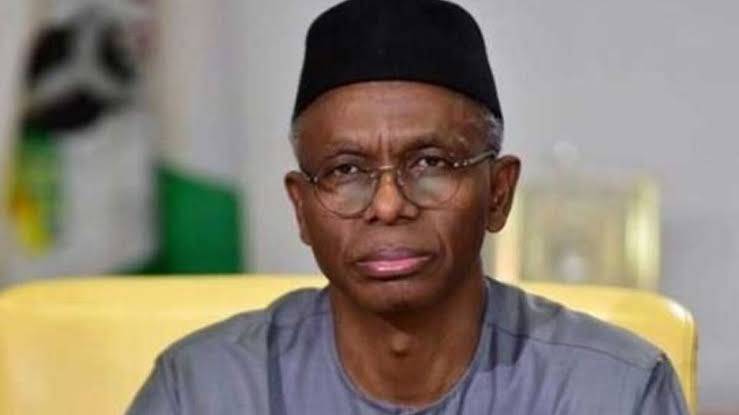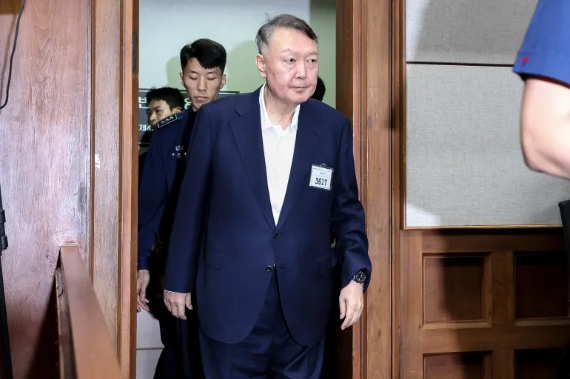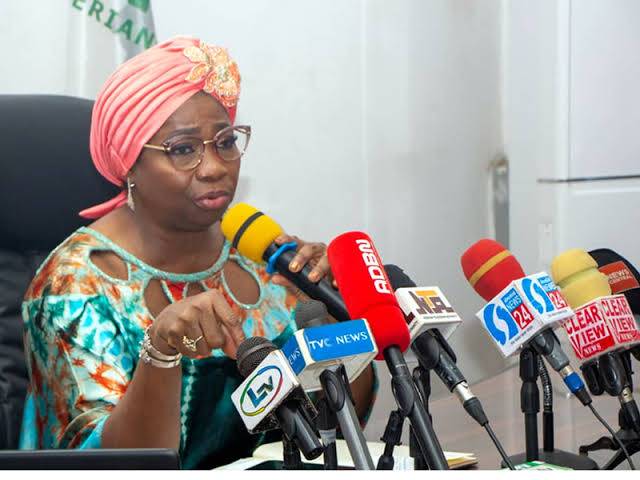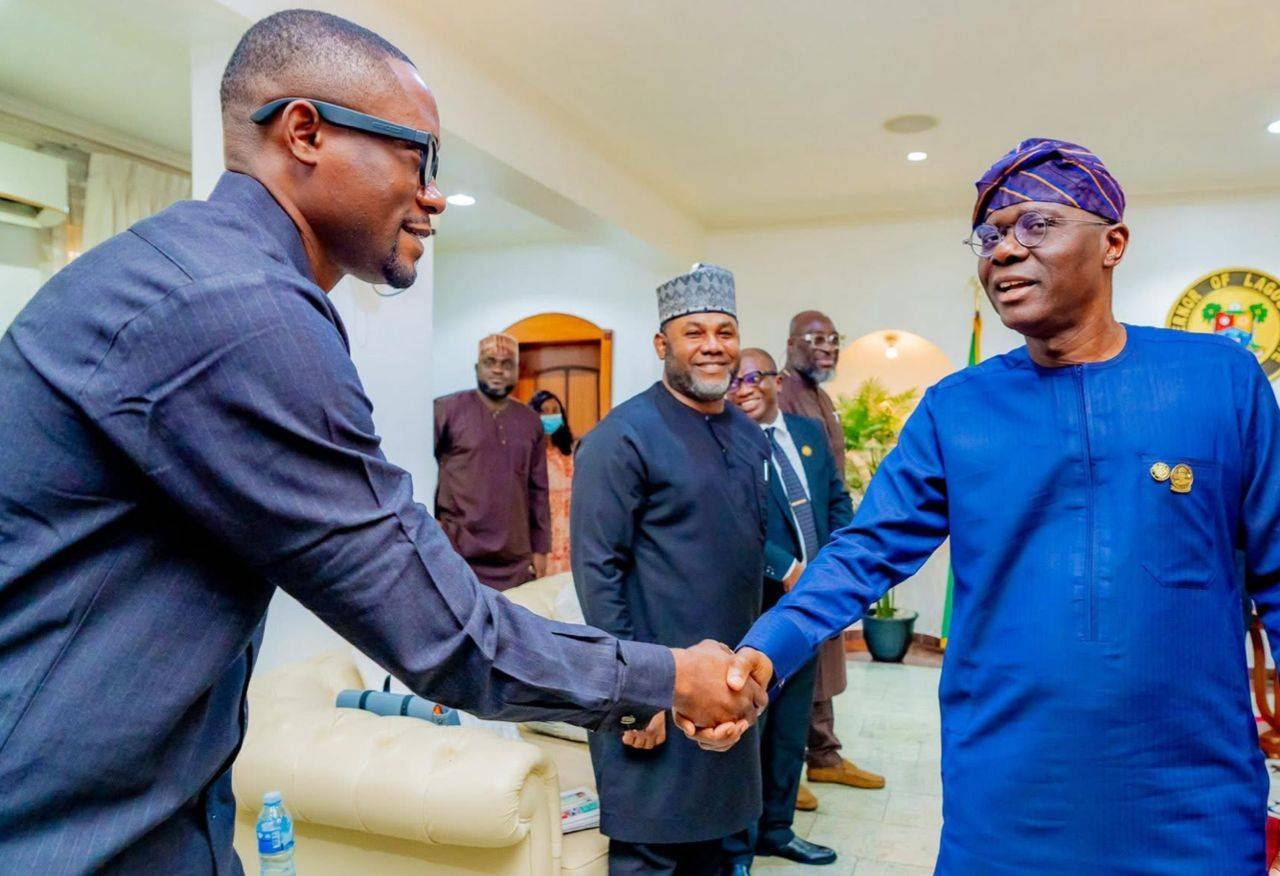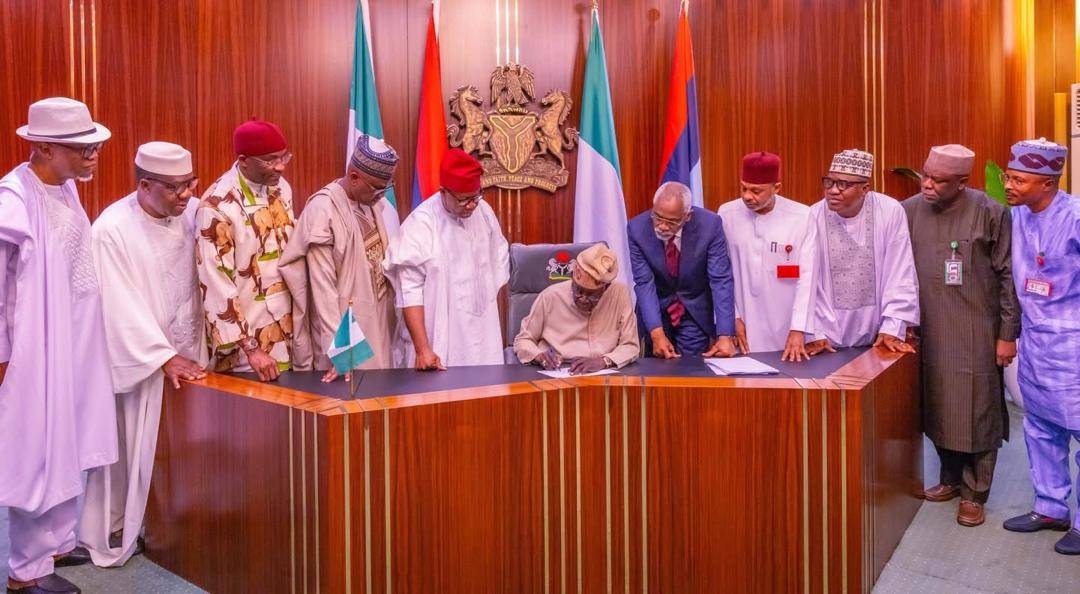By Segun Ayobolu
Despite his status, academic renown and reputation as one of the foremost political scientists with specialization on the politics of Africa particularly Nigeria, Professor Richard Joseph appears to have been substantially swayed by the largely propagandistic opinion polls that predicted a Peter Obi/Labour Party (LP) victory in the 25th February presidential election and the attempt to rely on this failure in electoral futurology to discredit the polls.
In a brief critique of the election in the Chicago Tribune, the author of the classic, ‘Democracy and Prebendal Politics in Nigeria’ which was a rigorous and insightful analysis of the politics of the Second Republic, opined that “A highly touted system of electronic transmission of votes failed, leading to the manual collation of ballots. Accusations swirled that the failure was contrived so the results could be manipulated. Disregarding the protests on February 28 the Independent National Electoral Commission (INEC) declared Bola Ahmed Tinubu, a former governor of the most populous State, Lagos, to be the elected President”.
Not surprisingly one of those quoted in Professor Joseph’s piece presumably with some subtle approbation was the globally acknowledged novelist and thinker, Chimamanda Ngozi Adichie, who in an open letter to President Joe Biden of the United States, had excoriated the election in which her fellow Igbo kinsman, Peter Obi, came third despite his much hyped pre-election probability of emerging triumphant in the polls.
Thus, echoing Chimamanda’s letter characterized by flawless prose reminiscent of her fiction but of negligible analytic value, Professor Joseph writes that “Peter Obi, a former governor from the South-East, galvanized a large following, particularly among youths, and was officially credited with 25% of the presidential vote. His ethnic group, the Igbos, feel excluded from Nigeria’s highest offices, and a fair share of power since the Biafran war of 1967-70. Obi’s “third force” poses a major challenge to the two-party dominant system”. Being substantially a fiction writer, Chimamanda can be forgiven for her imaginative flights of fancy in the realm of political analysis but not so a political scientist of Professor Joseph’s towering standing.
For one, within a decade after the Nigerian civil war, an Igbo man, the cerebral Dr Alex Ekwueme, had risen to become Nigeria’s Vice President in the Second Republic between 1979 and 1983. But for the military intervention of December, 1983, and the consequent prolonged absolutist rule, there is nothing to suggest that the dynamics and interplay of political forces would not have since produced an Igbo President. Again, during the respective presidencies of General Olusegun Obasanjo and Dr Goodluck Jonathan in this dispensation since 1999, qualified Igbo men and women occupied critical, influential and powerful national offices such that the hysteria of Igbo marginalization is mere emotive fantasy.
And while the dearth of Igbo representation particularly in the top hierarchy of the security architecture in the President Buhari Muhammadu administration was undesirable, the South-East has gained more in terms of infrastructural development in the region during the last eight years of the All Progressives Congress (APC) since 2015 than the preceding 16 years of the PDP despite the prominent positions of Igbos in government between 1999 and 2015. Professor Joseph thus ought to be more nuanced and restrained in his unquestioning regurgitation of the mantra of Igbo marginalization.
In any case, does the perceived marginalization of an ethnic group in high political offices in a complex, plural society like Nigeria mean that the apex political authority of the presidency will be conceded to them on a golden platter within the context of competitive elections even when they ignore the imperatives of negotiation, bargaining and bridge-building needed to actualize their objectives? If indeed Peter Obi’s “third force”, presumably the LP, has come to pose a major challenge to the two-party dominant system as posited by Professor Joseph, how come that the force of the veritable political “hurricane” had petered out by the governorship and State Houses of Assembly elections of March 18 with the LP winning only one governorship seat in Abia and even unable to win majority of legislative seats in Anambra, Peter Obi’s home state which he had previously governed for eight years?
Like Chimamanda, Professor Joseph makes much of the ‘large following’ supposedly enjoyed by Peter Obi among youths as a key factor in his undoubtedly impressive performance in the presidential election. But then, how come that his victories were in his ethnic South-East where he secured over 90% of the votes, Lagos and the Federal Capital Territory (FCT), with considerable Igbo enclaves and Christian populations as well as the largely Christian-dominant areas of the South-South, Southern Kaduna, Plateau and Nasarawa states? Do we not have substantial youth populations among the electorate in the South-West, North-West, North-East and half of the North-Central where tremors of the supposed Obi electoral earthquake were hardly felt? All the claims of a national groundswell of youth support for Obi and the LP surely deserves more rigorous and serious analytic scrutiny.
Even then, Professor Richard Joseph is too honest an intellectual not to acknowledge the improvement in the electoral structures and processes in the 2023 elections relative to most previous elections. Thus, he states, “Were there machinations to secure his (Tinubu’s) commanding 37% of the popular vote? Perhaps, but that is not a novelty in Nigerian elections. However, the bar is set higher because of the work of many civil society groups, a new Electoral Act, huge government sums in improving INEC’s capacity and extensive social media”. Incidentally, Professor Joseph devotes a whole chapter in his magnum opus to ‘Electoral fraud and violence’ in the Second Republic.
As we noted last week, the 1979 elections, despite the undisguised partisan preferences of the military umpires of the election as represented by the General Olusegun Obasanjo regime, was competitive and credible just like this year’s elections were to objective and intellectually honest observers.
In the distinguished professor’s words in that book, “At 1.30am on the morning of 11 August 1983, a long five days after the first elections were held, Alhaji Shehu Shagari was declared re-elected President of Nigeria by a vote of 12,037,648 to 7,885,434 (for his nearest rival Obafemi Awolowo). Shagari’s vote had doubled from his 1979 total, that of Awolowo had increased by approximately 40 per cent. Of equal importance is the fact that Shagari obtained a minimum of 25 per cent in 16 states of the Federation, compared with 12 states in 1979…”.
Pinpointing the import of the NPN’s purported victory in 1983, Professor Joseph notes that “One major cause of the electoral disorder of 1983, as earlier advanced, was the effort by the NPN to move from being a ruling party whose strength exceeded that of other parties, to one which enjoyed a monopoly of power within the political system. To achieve this objective, it was necessary for the party to increase the size of its vote in the states it already controlled, through its control of the voter registration and voting process, and to pry away from the opposition the heart of their political bases”.
The keenness of the contest and the outcome of the elections, shows that the ruling All Progressives Congress (APC) did not even attempt the kind of electoral heist perpetrated by the NPN in 1983 in the February and March, 2023, elections. Even if the party had wanted to, the reforms referred to earlier by Professor Joseph had enhanced the institutional autonomy of the electoral umpire as well as the technology-driven transparency of the voting procedures particularly the introduction of the Bimodal Voter Accreditation System (BVAS) machines, that made this impossible. Consequently, unlike the NPN which doubled its vote size between 1979 and 1983, the APC vote in the presidential election decreased from 15,191,847 in 2019 to 8,794,726 in 2023 while that of the PDP fell from 11,262,978 in 2019 to 6,984,520 in 2023. both Peter Obi who contested on the platform of the LP and Musa Kwankwaso’s New Nigeria Peoples Party (NNPP) were break away key stakeholders from the PDP and they had a combined total of 7,598,204 votes. Had they not depleted the votes of the PDP in its erstwhile strongholds in the South-East, South-South and Kano states, the latter could very well have emerged victorious if it had contested the election as a cohesive whole. This speaks to the credibility of the election. Beyond this, while the APC won 19 states in the 2019 presidential elections and the PDP 17 states and the FCT, both parties won 12 states each in the 2023 polls with the LP winning in 11 states and the FCT and the NNPP sweeping Kano. Had Professor Joseph taken all these factors into consideration, and there is no reason why he shouldn’t have, he would have been unlikely to lend his not inconsiderable intellectual weight to dishonest attempts to dent the integrity of the elections.
In any case, the main reason cited in the public domain by the PDP and LP for questioning the credibility and integrity of the Presidential election was the non real time uploading of the results from polling units to the INEC Result Viewing Portal (IREV) as admittedly promised by the electoral body. INEC has since explained that its system suffered unanticipated glitches which made it impossible for it to do so immediately but this commitment in its guidelines has since been complied with – and all the results now fully uploaded. Since all political parties have copies of results on designated forms signed by their polling agents, electoral and security officials, they should now be in a position to compare these hard copy of results in their possession with the uploaded figures on the IREV so as to demonstrate the discrepancies between both and the consequent alleged massive rigging in favor of Tinubu and the APC. To the best of my knowledge, only one Online medium has reported yet unverified differences in the results posted on the IREV portal and the actual results declared in one state.
The responsibility to credibly discredit the results on the IREV portal is particularly that of Peter Obi who vociferously claims to have won the election despite coming third. Just like Chimamanda, Professor Richard Joseph apparently places much store by the failures associated with the promised uploading of polling units results on IREV and the alleged implications on the outcome of the elections. But this appears to be treated only as a tangential issue in Peter Obi’s petition as the focus of his claims and prayers are on Tinubu’s alleged forfeiture of funds in the US almost three decades ago, the alleged illegibility of Tinubu’s Vice-Presidential candidate, Kashim Shettima to contest the election and Tinubu’s failure to score one-quarter of the votes cast in the FCT. None of these appear designed to demonstrate convincingly and conclusively that Obi won and should have been declared Victor in the election.
As a one time governor of Enugu State, Senator Chimaroke Nnamani, aptly put it in a statement this week, “Obi’s petition is dead on arrival. He does not have the spread or national appeal. His appeal to non-electoral matters is to de-market the President-elect and besmirch his reputation. His petition is ego-driven, a joke carried too far. His attempt to highlight non-electoral issues is trying to embarrass the President-elect. Obi now needs to come down from his high horse to allow sedate minds to negotiate on behalf of the Igbo and the South-East for a safe landing to include our stake in the national palaver and share of the accruals of the commonwealth”. Nnamani is a medical doctor and not a lawyer but he makes eminent sense in my view.



